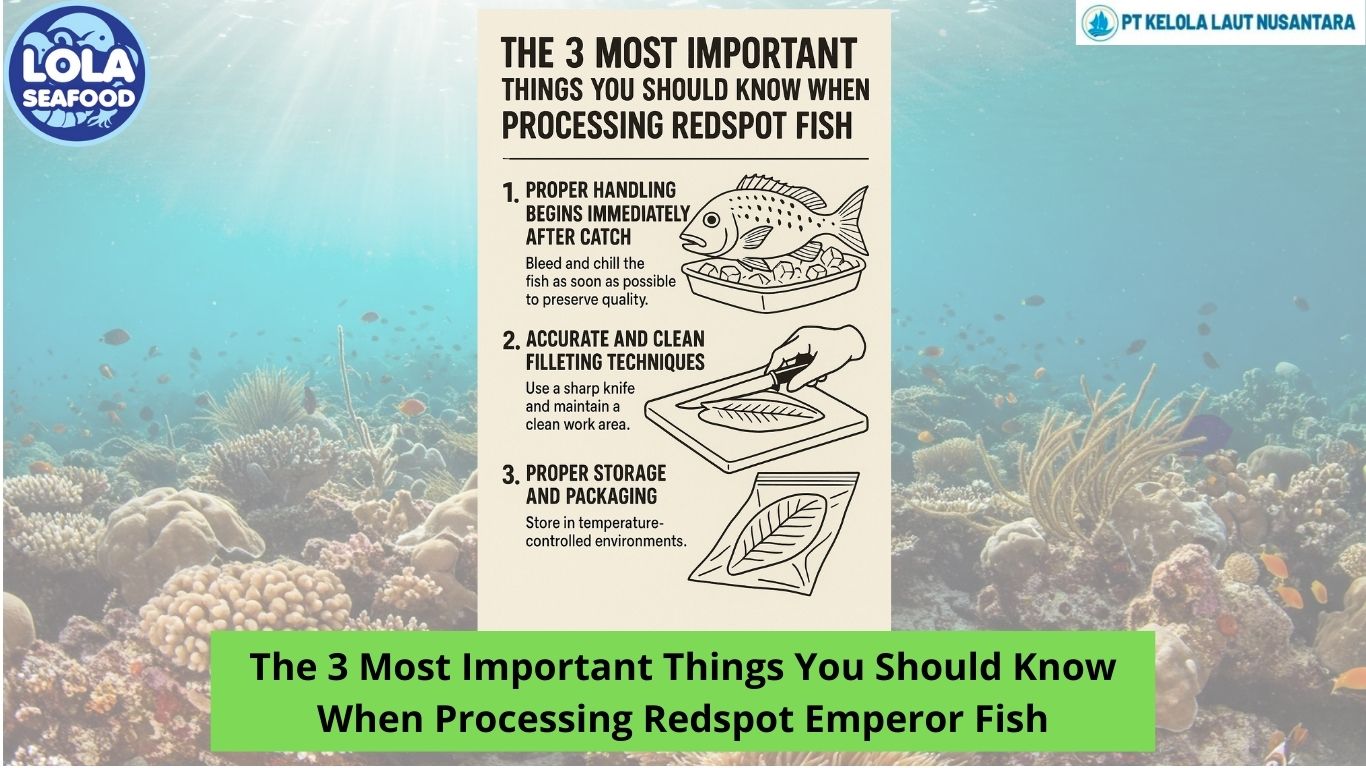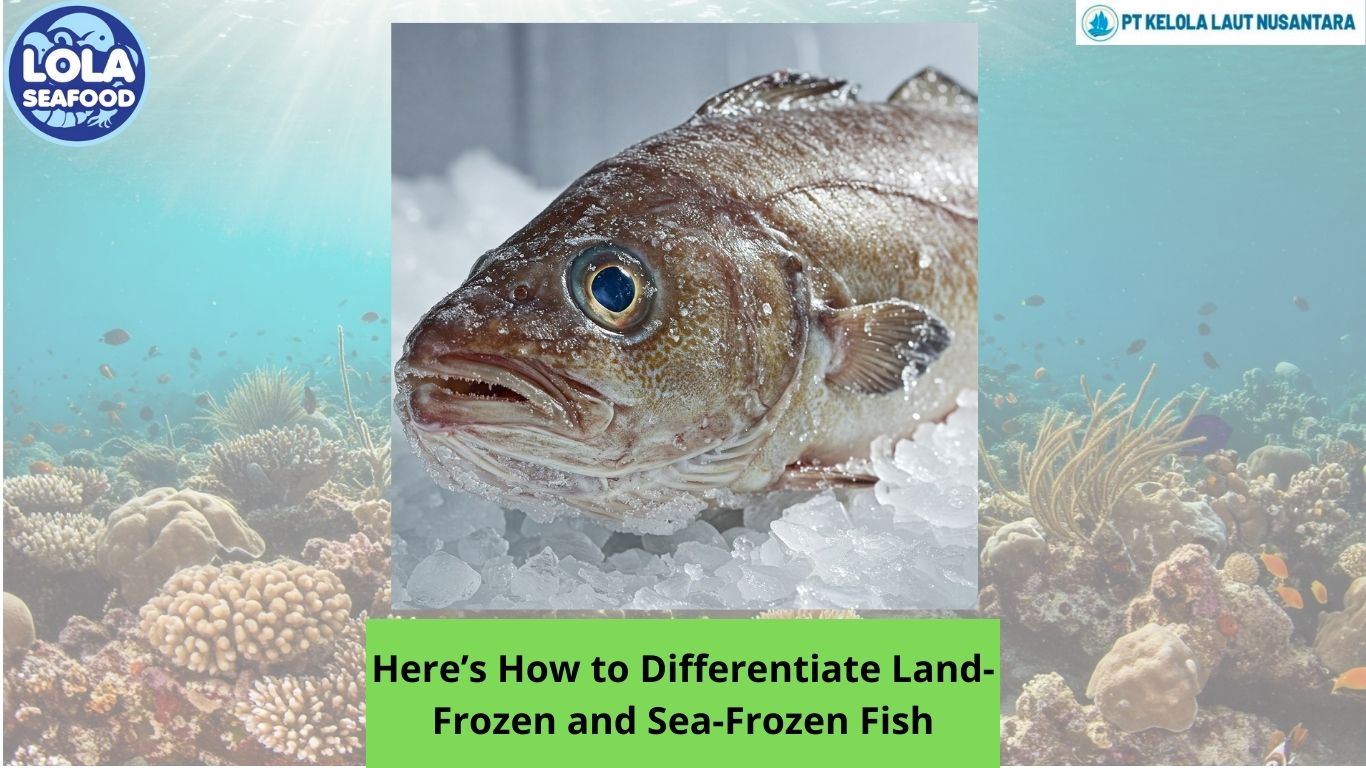Learn These 8 Pelagic Fish Characteristic
By. Nevanda - 14 Jun 2023
kelolalaut.com - Pelagic fish are a group of fish species that inhabit the open ocean or pelagic zone. They are adapted to living and thriving in the vast, deep waters away from the coastline. Here are some general characteristics of pelagic fish:
1. Body Shape
Pelagic fish often have streamlined bodies with a fusiform (torpedo-like) shape, which helps reduce drag and allows them to swim efficiently in open water. This body shape enables them to move swiftly and maneuver quickly.
2. Size Range
Pelagic fish come in various sizes, ranging from small species like sardines and anchovies to large predators like tunas, billfishes, and sharks. Some species, such as the blue whale, can grow to enormous sizes.
Read also: These Are 7 Demersal Fish Unique Traits
3. Migration
Many pelagic fish undertake long-distance migrations, often covering vast distances in search of food, suitable breeding grounds, or favorable water temperatures. These migrations may be vertical (moving between different depths) or horizontal (moving between different regions).
4. Adaptations for Open Water
Pelagic fish possess adaptations that help them survive in the open ocean environment. Some have countershading, with dark-colored backs and lighter-colored bellies, to camouflage themselves from predators both above and below. Others have a silvery coloration that reflects sunlight, making them less visible.
5. Feeding Strategies
Pelagic fish employ various feeding strategies depending on their species and size. Some are filter feeders, consuming plankton and small organisms by filtering water through their gill rakers. Others are active predators, chasing and capturing smaller fish, squid, or other prey.
Read aslo: Easy and Delicious Crab Salad Recipes
6. Sensory Adaptations
Pelagic fish have well-developed sensory systems to navigate and locate prey in vast, often dark environments. They possess excellent vision, sensitive hearing, and a lateral line system, which detects changes in water pressure and helps them sense movements in their surroundings.
7. Buoyancy Control
To maintain buoyancy in the water column, pelagic fish often possess a swim bladder or other gas-filled structures that they can adjust to control their depth. This allows them to remain suspended at specific depths or swim at different levels within the water column.
8. Reproduction
Pelagic fish species have diverse reproductive strategies. Some are broadcast spawners, releasing large numbers of eggs and sperm into the water column where fertilization occurs externally. Others may exhibit various forms of parental care, such as guarding their eggs or protecting their young.
It's important to note that the characteristics of pelagic fish can vary significantly among species, and this list provides a general overview of their common features.
Read also: Follow These Steps To Boil Clams Properly

.jpg)
.jpg)
.jpg)




